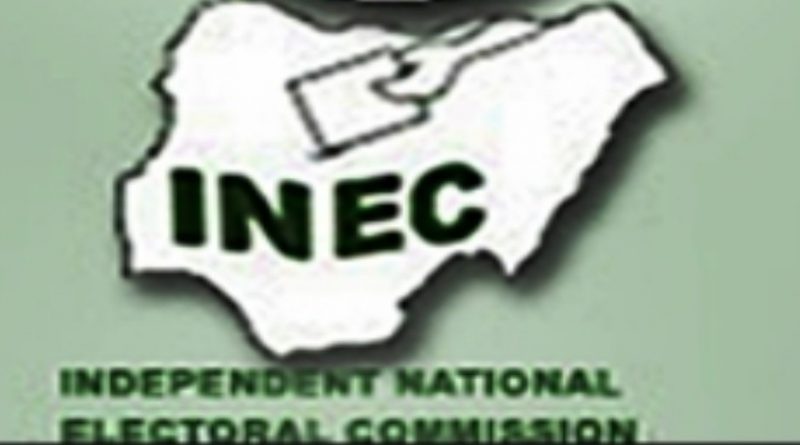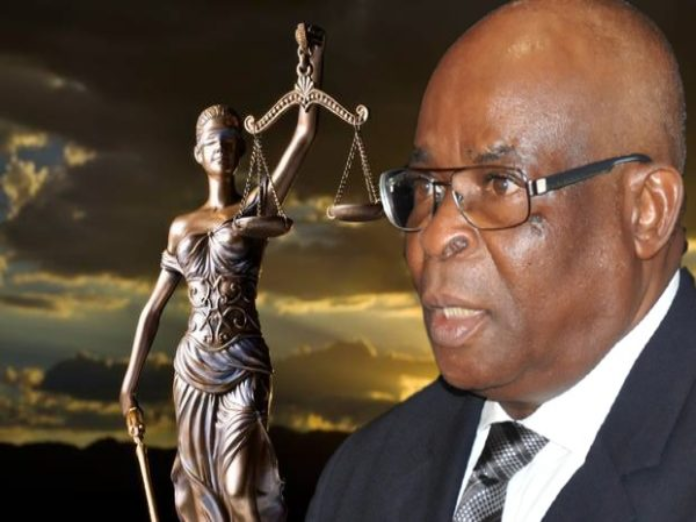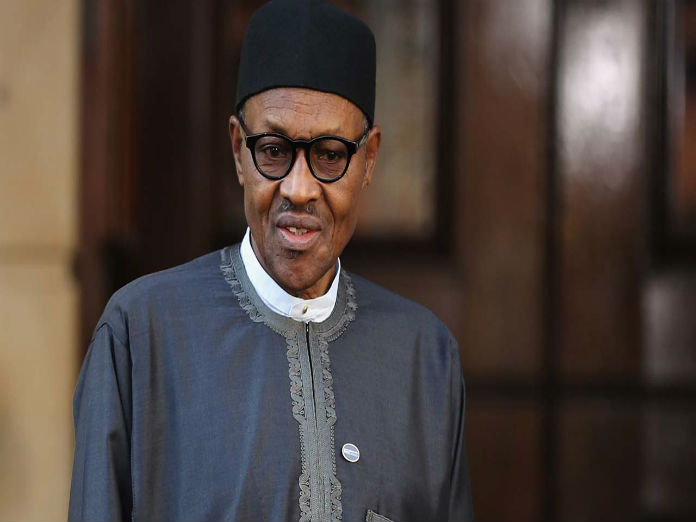Revised Communication Policy To Improve Internal, External Communication Processes—INEC
The Independent National Electoral Commission (INEC), on Friday disclosed that its revised Communications Policy, will address both internal and external communication processes, and procedures of the Commission and for the Commission.
The Chairman of the Commission, Prof Mahmood Yakubu who said this at the INEC Communication Policy Operationalisation virtual workshop, expressed hopes that the policy will assist the Commission earn and sustain public trust, be visible, accessible and accountable to the public, and also have a better approach to information management.
Prof. Yakubu who was represented by the National Commissioner, Information and Voter Education, Festus Okoye, said the INEC Communication Policy is designed to eliminate “ad-hocism” in the entire gamut of the Commission’s communication system.
While noting that the Commission designed the Communication Policy to enable them communicate effectively, he added that the conceptualization and the design of this policy did not envisage the global pandemic, noting that it is instructive that the policy is designed as a flexible and living document that responds to evolving situations
“I believe that this communication policy will assist us to reposition the commission as we navigate through a very uncertain period that the end can’t be predicted”, he said.
The Chairman while seeking the cooperation of all the critical stakeholders in the commission’s external communication drive, implored Resident Electoral Commissioners, Directors and all the staff of the Commission to keep abreast and familiarize themselves with the clear intendment and intentions of the document and see it as a tool not only of understanding INEC’s communication policies but also of seeing the challenges.
Furthermore, he stressed that the Commission, more than before needs the understanding, cooperation and reach of the media to get its messages across to the Nigerian people, adding that the media still has its role cut out clearly in propelling the information to the larger public and also in placing the Commission’s programmes in perspective.
He emphasized that on the Commission’s part, they will do their best to communicate and communicate effectively, and will continue to be proactive in the dissemination of information, as well as robustly engage with the media.
“On behalf of the Chairman of the Commission,I hereby present this revised Communication Policy of the Commission and we hope and pray that this policy will assist us in communicating effectively and also in communicating courageously with the Nigerian public especially in the areas of election and Electoral matters”, he concluded.
Giving an overview of the revised INEC Communication Policy, the Chief Press Secretary, Mr. Rotimi Oyekanmi, noted that the 55-page document contains information that will help improve the communication strategy of the Commission.
He stated that worthy of note are pages 7 that contains the description of the concept of communication Strategy for INEC, which discusses the context, rationale, underlying principles and specific objectives of the policy; Page 9 which contains the short treatise on effective internal communication with a remarkable opening sentence, “Effective internal communication is the foundation upon which every institution is based”, underscoring the importance of establishing a good mechanism for internal communication.
Oyekanmi further said, that the Public Communication Framework begins on page 13 with the listing of the 21 key stakeholder groups and constituencies that INEC needs to communicate with a targeted manner; Importance of the INEC Citizen Contact Centre (ICCC) is underscored; The Freedom of Information Act is mentioned on page 15; The Matrix for internal Communication can be found from page 18 to 35; and the Matrix for External Communication covers pages 36 to 55.
While goodwill messages were taken from the European Union (EU), United Nations Development Programme(UNDP) and the European Centre for Electoral Support (ECES), papers were presented by Prof. Abigail Ogwezzy-Ndisika, Mr. Yunusa Ya’u and Mr. Edeatan Ojo.
The INEC Communication Policy Operationalisation virtual Workshop, was held to decide how best to implement the policy
(The Sight News)




